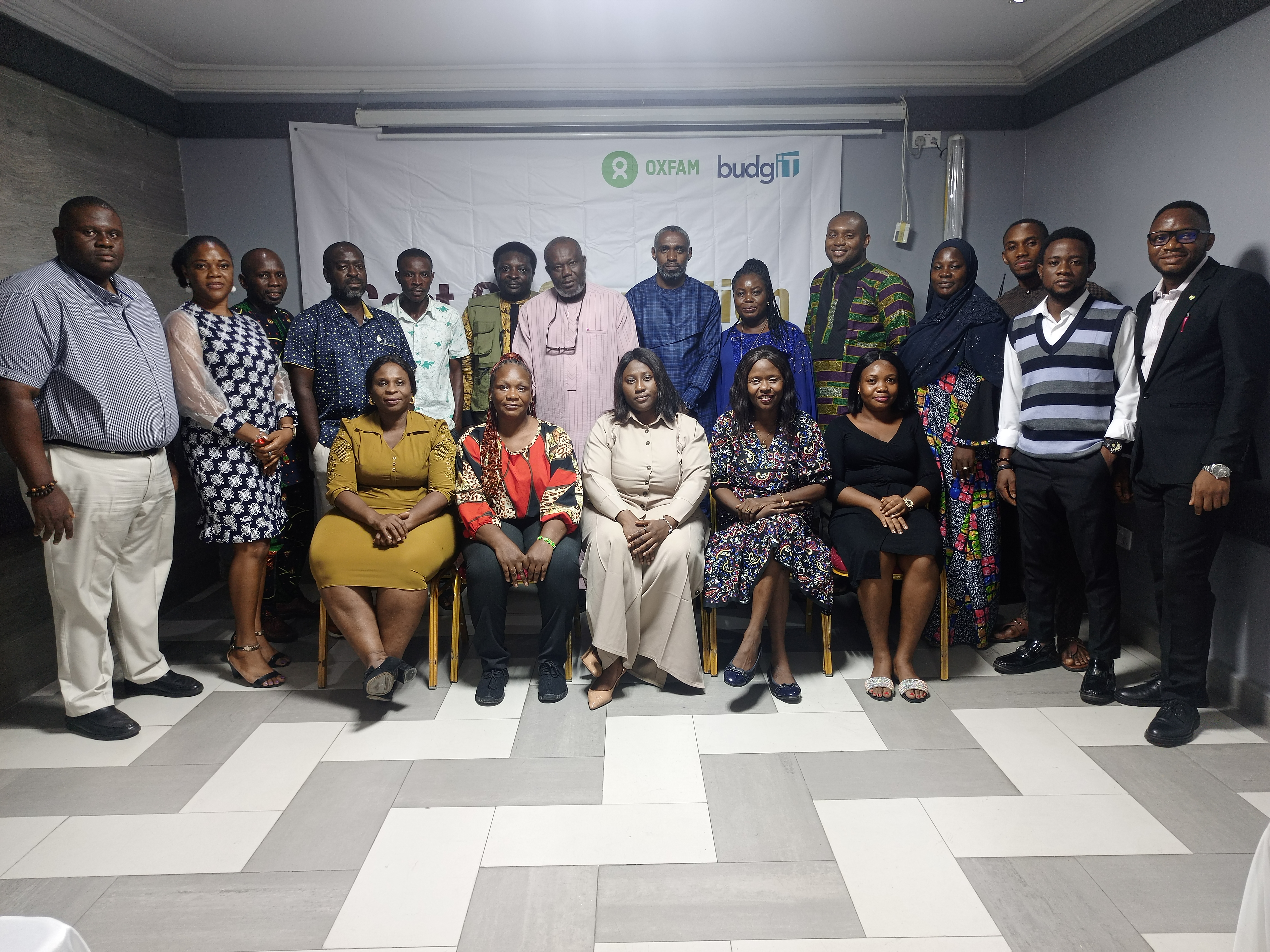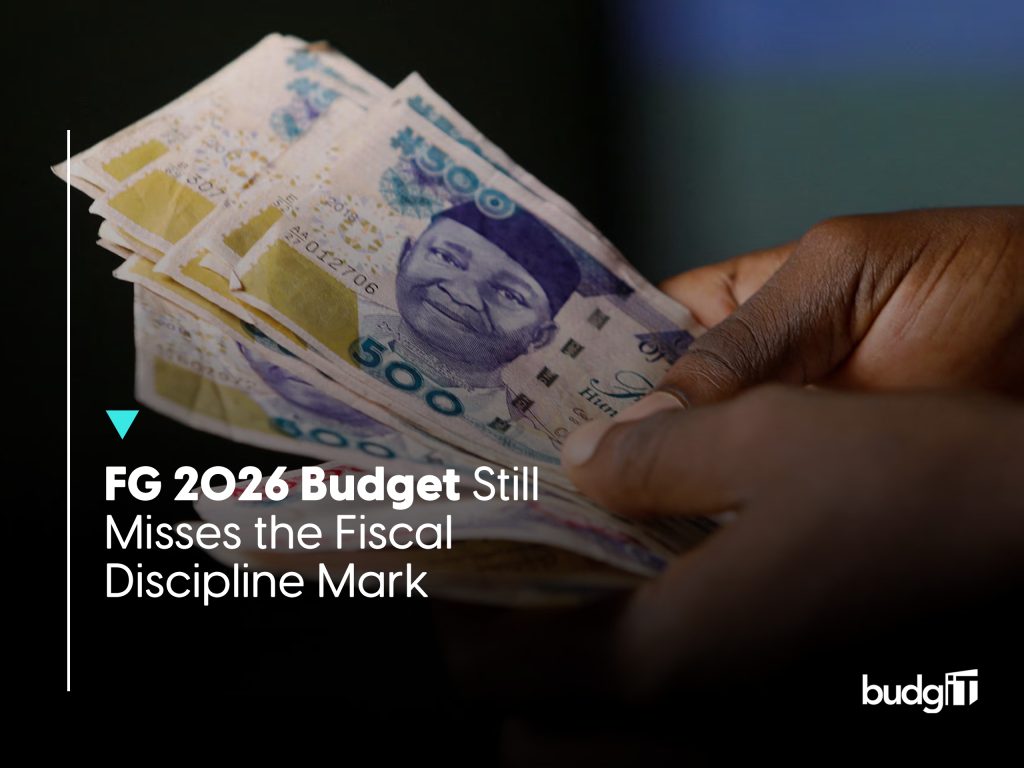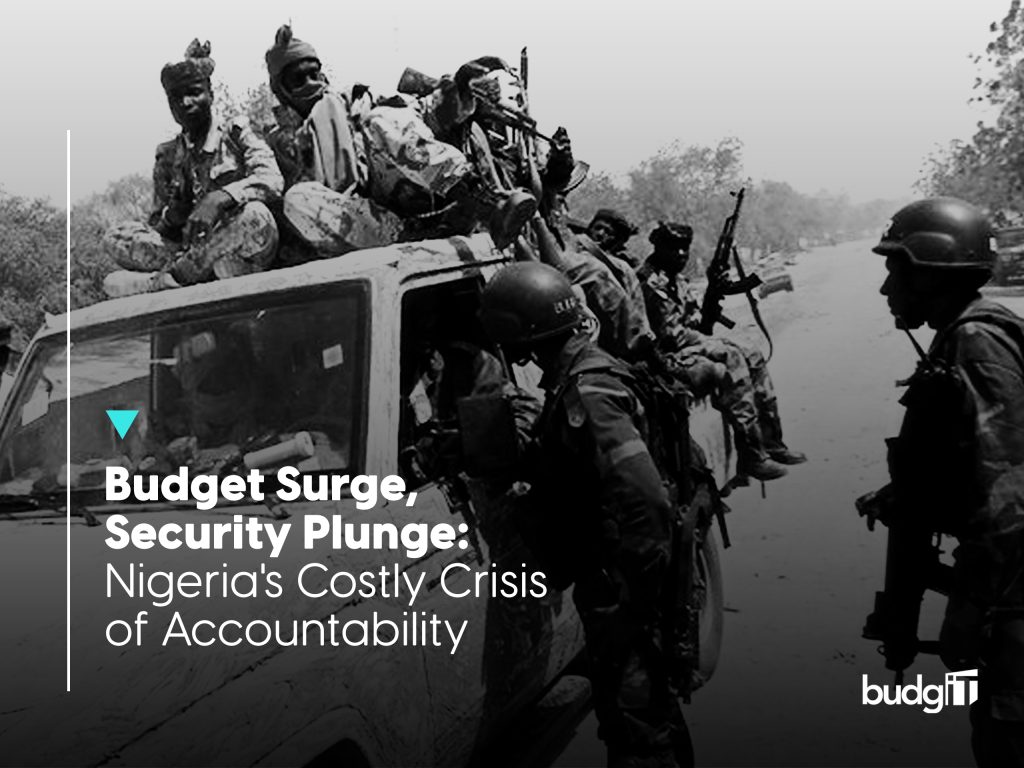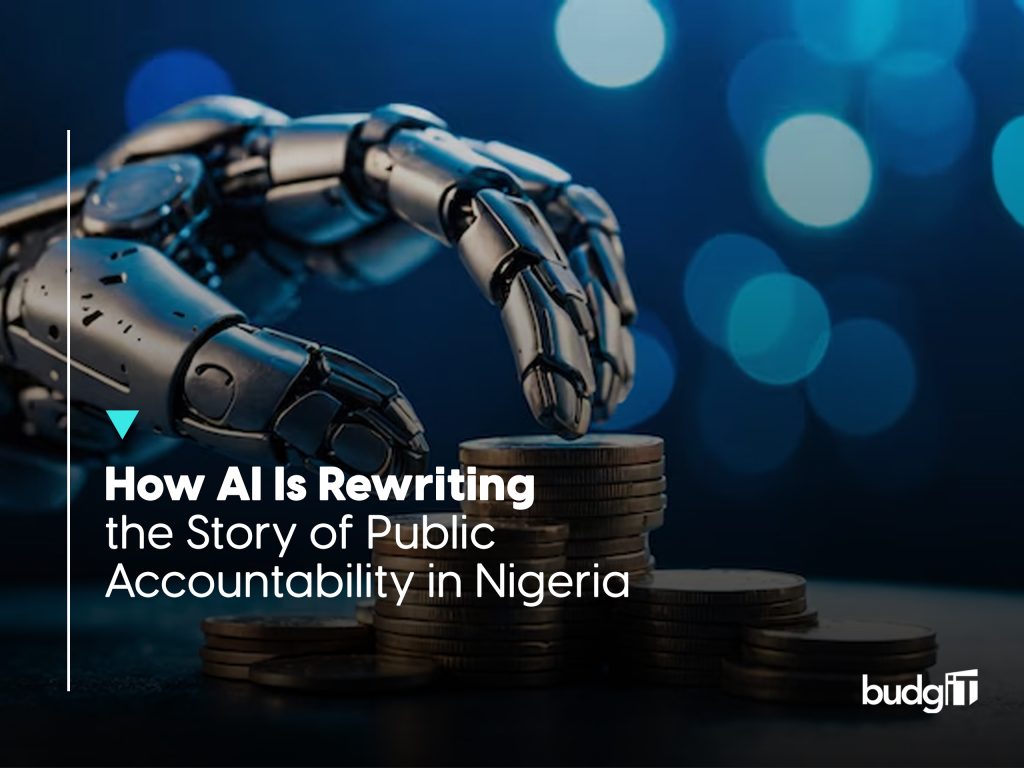![]() Corruption in the extractive industry has far-reaching consequences for host communities, significantly undermining development and perpetuating cycles of poverty. On November 28, 2024, BudgIT, in partnership with Oxfam, hosted a workshop that brought together civil society organisations, community-based organisations, investigative journalists, and the media to delve into contract transparency and beneficial ownership in the mining and oil and gas industries.
Corruption in the extractive industry has far-reaching consequences for host communities, significantly undermining development and perpetuating cycles of poverty. On November 28, 2024, BudgIT, in partnership with Oxfam, hosted a workshop that brought together civil society organisations, community-based organisations, investigative journalists, and the media to delve into contract transparency and beneficial ownership in the mining and oil and gas industries.
Participants declared that Nigeria has made significant progress in capturing beneficial ownership and contract transparency as key components of the Open Government Partnership (OGP) National Action Plan. The introduction of the Petroleum Industry Act (PIA) 2021 established robust frameworks, placing the Nigerian Upstream Petroleum Regulatory Commission (NUPRC) in charge of maintaining a public register of licenses and leases. These contract transparency reforms have led to notable progress within the sector.
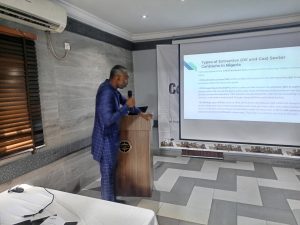
Mfon Gabriel, Executive Director of Citizens Advocacy Centre, facilitated the session on Contract Transparency, emphasising the essential roles of host communities, companies, and the Nigerian Upstream Petroleum Regulatory Commission (NUPRC) in fostering transparency and accountability in the extractive industry. Companies must now offer detailed information to NUPRC, cultivating a culture of accountability and openness in Nigeria’s extractive sector. It was underscored that a commitment to contract transparency would substantially reduce corruption, as the costs associated with corruption are huge. He also asserted that contract transparency enables host communities to comprehend the social and environmental commitments made by companies, the royalties generated, and the benefits accruing to them as host communities.
Edidiong Dickson from Policy Alert also led an impactful session on Beneficial Ownership Transparency in the extractive sector. He underscored the need for beneficial ownership information to be current and readily accessible to law enforcement agencies. He effectively equipped participants with the tools to uncover hidden ownership structures, enabling them to confront conflicts of interest and combat illicit activities in the extractive sector, especially within the mining sector.
The following observations were made at the workshop.
In addition to the Commission’s annual report on the oil and gas industry, details of oil and gas licenses are now available on the NUPRC websites, although this can be cumbersome to locate. These include petroleum prospecting leases (PPLs) and petroleum mining leases (PMLs) now available on the website of the Nigerian Upstream Petroleum Regulatory Commission (NUPRC), numbering 63 and 23, respectively, as of the end of 2023. Although there was a time lag in implementation, details of contracts from 2021 can now be found on the Nigeria National Petroleum Company Limited (NNPCL) website. On the other hand, details of divestment contracts and crude oil for loan contracts are yet to be publicly disclosed through the NNPCL website.
While regulations have been developed for beneficial ownership disclosures, the NUPRC has yet to develop regulations to guide contract transparency in the oil and gas industry. Furthermore, the Nigerian Midstream and Downstream Petroleum Regulatory Authority (NMDPRA) is yet to publish on its website any contracts issued in the midstream and downstream sector, while disclosures of mining licences on the website of the Mining and Cadastre Office (MCO) are yet to be backed by legislation making such disclosures voluntary rather than mandatory. In several cases, the details of contracts issued by host community development trusts are not publicly available as required by law, as existing disclosure channels provide very sparse information.
Recommendations
Participants called on relevant stakeholders to act on issues that strengthen transparency and accountability. The key advocacy points are outlined below:
- Transparency of Host Communities Development Trust: Provisions in the Petroleum Industry Act 2021 that mandate the disclosure of contracts awarded by Host Communities Development Trust (HCDT) should be enforced where they do not exist currently. Disclosures should provide clear and accessible information about funding allocations, project implementations, and community engagement processes. Ensuring transparency in these operations is vital for effectively using resources to develop host communities. In addition, the Nigerian Upstream Petroleum Regulatory Commission (NUPRC) should pay more attention to the regulatory oversight of the Host Communities Development Trust. This should focus on the needs and rights of host communities, ensuring that development initiatives align with local priorities and that there is accountability for fund utilisation.
- Disclosure of Divestment Contracts by NUPRC and NNPCL: The Nigerian Upstream Petroleum Regulatory Commission (NUPRC) and the Nigerian National Petroleum Company Limited (NNPCL) should include the existing pool of contracts, details of divestment contracts by multinationals and crude oil for loan contracts on their websites. Such transparency is critical for maintaining public trust and ensuring all stakeholders are informed about changes that may impact national community resources and welfare.
- Contract Transparency Disclosure: The NUPRC should create a dedicated portal for disclosing oil and gas contacts, similar to the portal dedicated to publishing Beneficial Ownership. Civil society organisations have called for building a Contract Transparency Portal (a one-stop portal for contracts). Also, the NUPRC and the Mining and Cadastre Office (MCO) should develop and implement regulations for contract transparency to guide implementation and compliance per the relevant sections of their laws. The Mining Cadastral Office should also publish the full text of all contracts, licenses, or permits issued to companies on its portal.
- Update Laws and Regulations Guiding the Solid Minerals Sector: Provisions requiring contract transparency and beneficial ownership transparency should be included in the ongoing efforts to amend the Nigerian Mineral Mining Act 2007 and Nigerian Mineral Mining Regulation 2011.
- Midstream and Downstream Contract Transparency: The Nigerian Midstream and Downstream Petroleum Regulatory Agency (NMDPRA) should upload on its website all contracts and licenses issued to oil and gas companies in the Midstream and Downstream Petroleum subsector in compliance with the provisions of the Petroleum Industry Act 2021.
- Quality of Data on Beneficial Ownership Register: Beneficial owners’ registers of the NUPRC and CAC should be regularly updated and made easily accessible. Also, compliance with provisions and guidelines for beneficial ownership declaration by companies operating in the extractive industry must be ensured.
